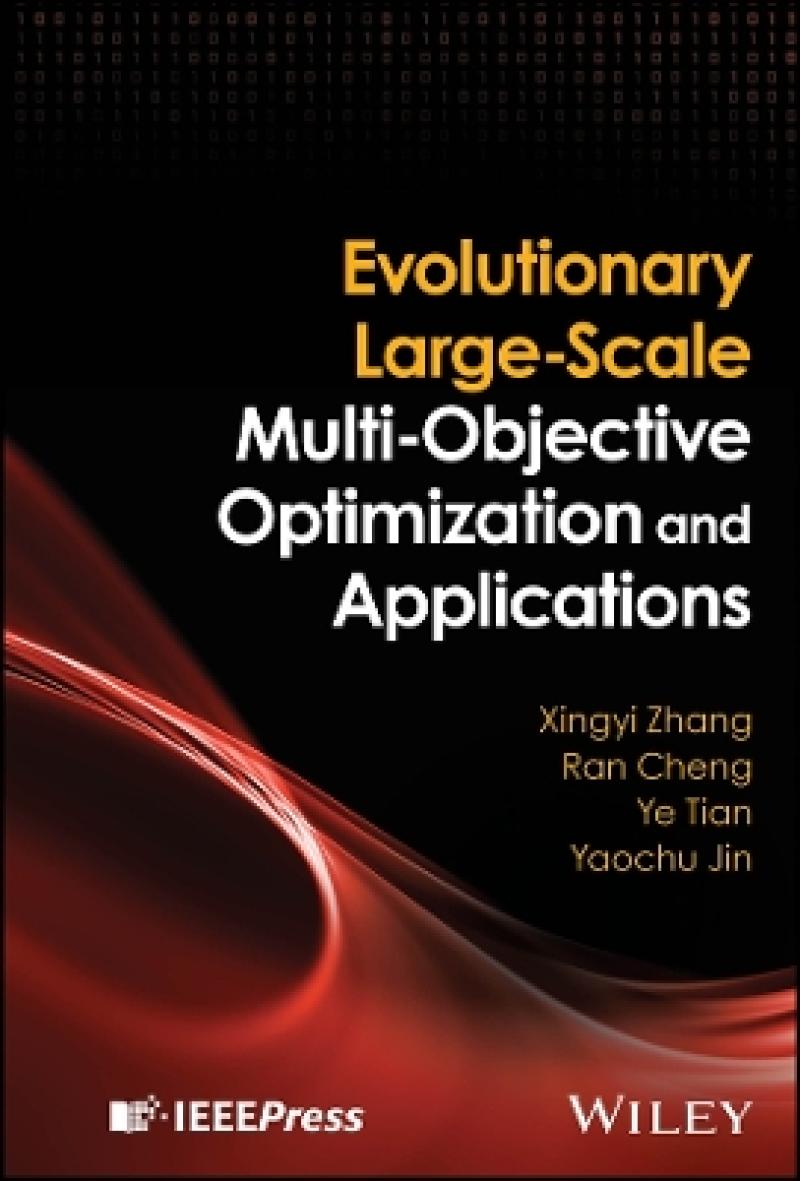Produktdetaljer
Biographical note
Xingyi Zhang, PhD, is a Professor in the School of Computer Science and Technology at Anhui University, Hefei, China. He serves as an Associate Editor of the IEEE Transactions on Evolutionary Computation, and a member of the editorial board for Complex and Intelligent Systems.
Ran Cheng, PhD, is an Associate Professor in the Department of Computer Science and Engineering at the Southern University of Science and Technology, China. He is an Associate Editor for the IEEE Transactions on Evolutionary Computation, IEEE Transactions on Artificial Intelligence, IEEE Transactions on Emerging Topics in Computational Intelligence, IEEE Transactions on Cognitive and Developmental Systems, and ACM Transactions on Evolutionary Learning and Optimization.
Ye Tian, PhD, is an Associate Professor in School of Computer Science and Technology at Anhui University, Hefei, China. He also serves as an Associate Editor of the IEEE Transactions on Evolutionary Computation.
Yaochu Jin, PhD, is a Chair Professor of Artificial Intelligence, Head of the Trustworthy and General Artificial Intelligence Laboratory, Westlake University, China. He was an Alexander von Humboldt Professor of Artificial Intelligence at the Bielefeld University, Germany, and Distinguished Chair in Computational Intelligence at the University of Surrey, United Kingdom.
